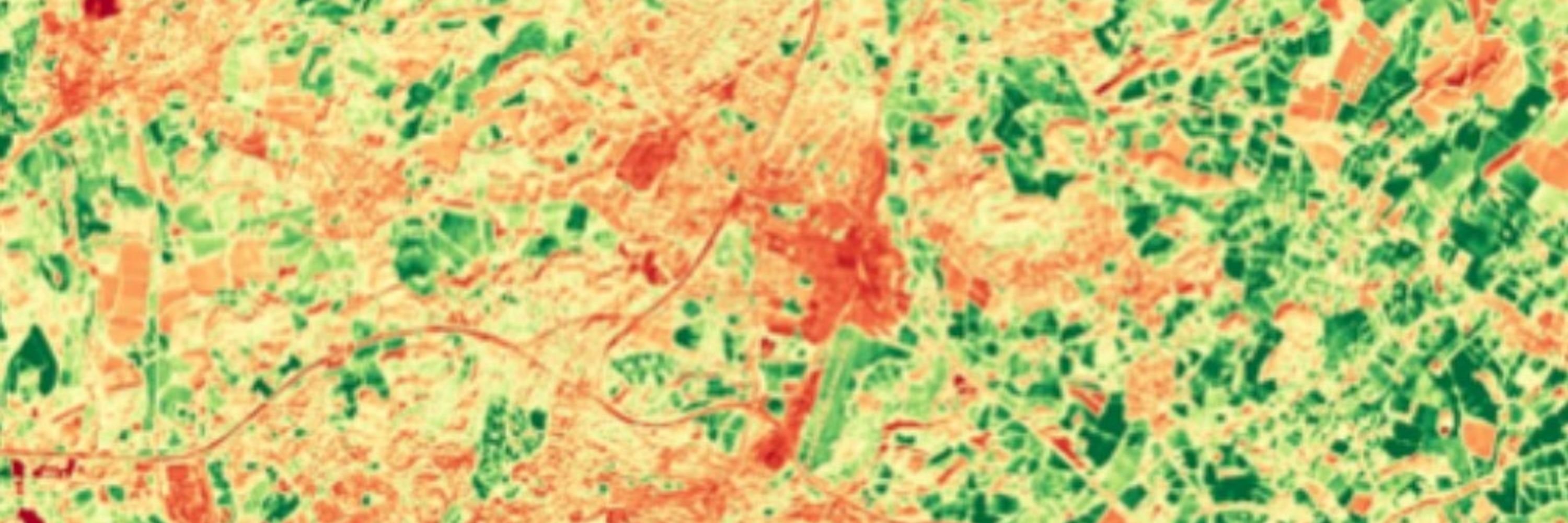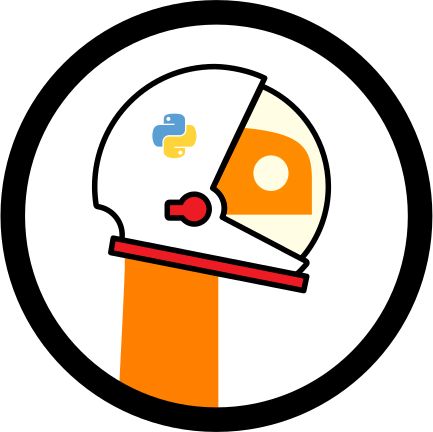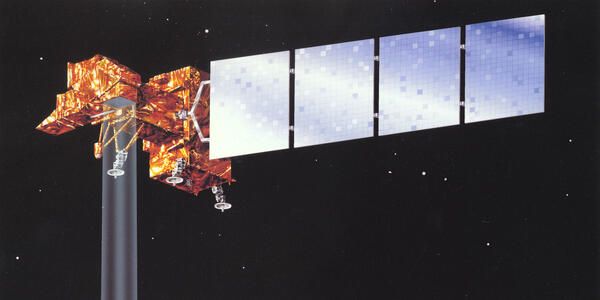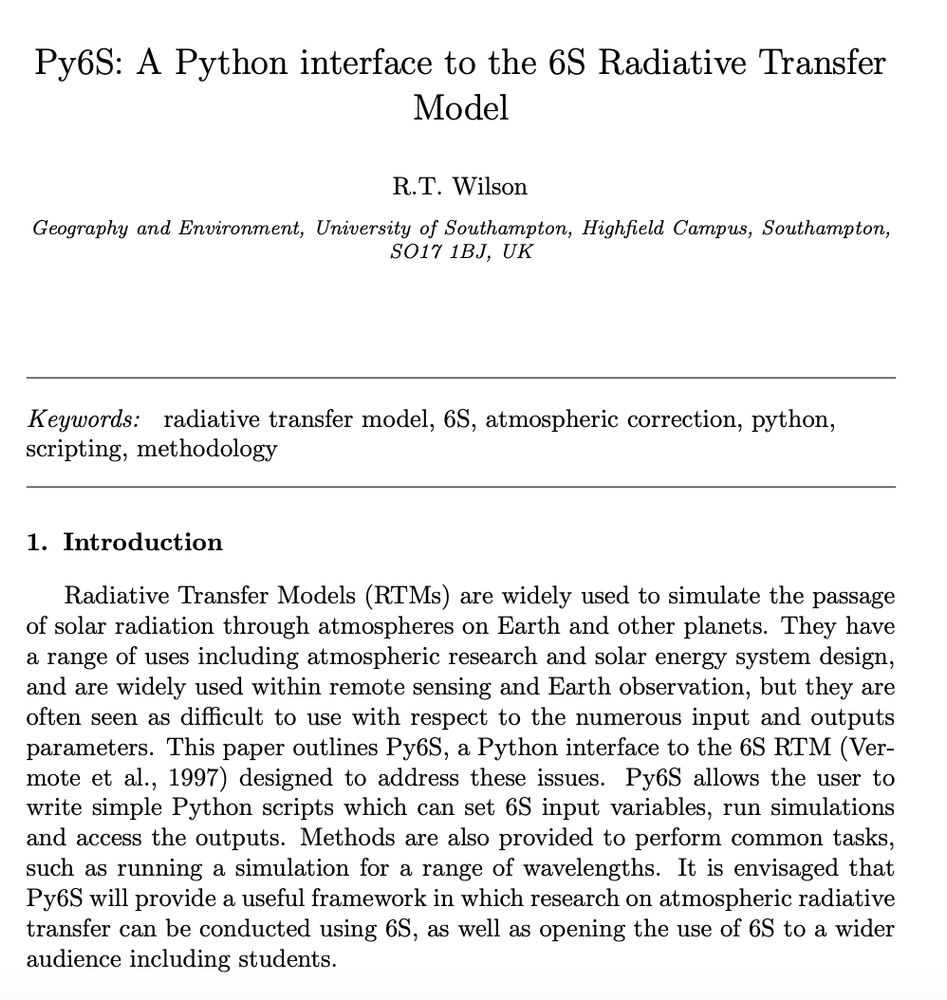
Blogger (https://blog.rtwilson.com/) author of the FreeGISData site (https://freegisdata.rtwilson.com/) & the British Placename Mapper (https://placenames.rtwilson.com/)

We would now invite everyone else to our youtube channel if you would like to catch up on the 35 recorded session.
www.youtube.com/watch?v=qCKv...

We would now invite everyone else to our youtube channel if you would like to catch up on the 35 recorded session.
www.youtube.com/watch?v=qCKv...
#geospatial #gis #osgeo #postgis

#geospatial #gis #osgeo #postgis
I'll be attending with a colleague, running a workshop on producing live vector tiles from PostGIS and my colleague will be giving a talk.
Now just to hope that the trains work better than last year: I got stuck in Bristol TM because the lift broke!
I'll be attending with a colleague, running a workshop on producing live vector tiles from PostGIS and my colleague will be giving a talk.
Now just to hope that the trains work better than last year: I got stuck in Bristol TM because the lift broke!
www.snowflake.com/postgis-day-...

www.snowflake.com/postgis-day-...

I can see why this is the case - those two polygon parts should be merged, but it's a bit annoying.
#gis

I can see why this is the case - those two polygon parts should be merged, but it's a bit annoying.
#gis
It’s here, folks! The full schedule is up, and it’s chock-full of talks, workshops & more! 🎉🐍🌟
Schedule is over here 👉 buff.ly/9UtKEOl
Tickets this way 👉 buff.ly/83NpL2R
#Python #TechEvents #development #manchester #PythonProgramming

juliawise.net/misc-parenti...
Thanks @juliawise.bsky.social

juliawise.net/misc-parenti...
Thanks @juliawise.bsky.social
Very simple to review, just 4 options!

Very simple to review, just 4 options!
Expect more updates soon as we start spinning up the organisation again.
Expect more updates soon as we start spinning up the organisation again.

The closing date for presentation submissions for #FOSS4GUK is rapidly approaching.
Submit your talks here: uk.osgeo.org/foss4guk2025...
It can be opinions, about projects, new ideas, breaking down technical concepts. Whatever topic you want, just involve open geospatial!
The closing date for presentation submissions for #FOSS4GUK is rapidly approaching.
Submit your talks here: uk.osgeo.org/foss4guk2025...
It can be opinions, about projects, new ideas, breaking down technical concepts. Whatever topic you want, just involve open geospatial!
See gdal.org/en/stable/us...
#gis #gdal
See gdal.org/en/stable/us...
#gis #gdal
Any preferences? Or particular things I should cover?
#foss4g #foss4guk #osgeo #gis
#gis #foss4g
#gis #foss4g
Anyway blog.rtwilson.com/more-links-j... has links on a range of topics including #python #geospatial #gis #stac #postgres and #3dprinting. Enjoy!
Anyway blog.rtwilson.com/more-links-j... has links on a range of topics including #python #geospatial #gis #stac #postgres and #3dprinting. Enjoy!
www.usgs.gov/news/nationa...

www.usgs.gov/news/nationa...
#python #science #remotesensing

#python #science #remotesensing

